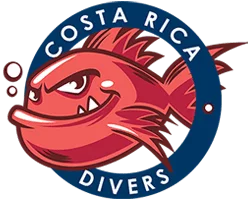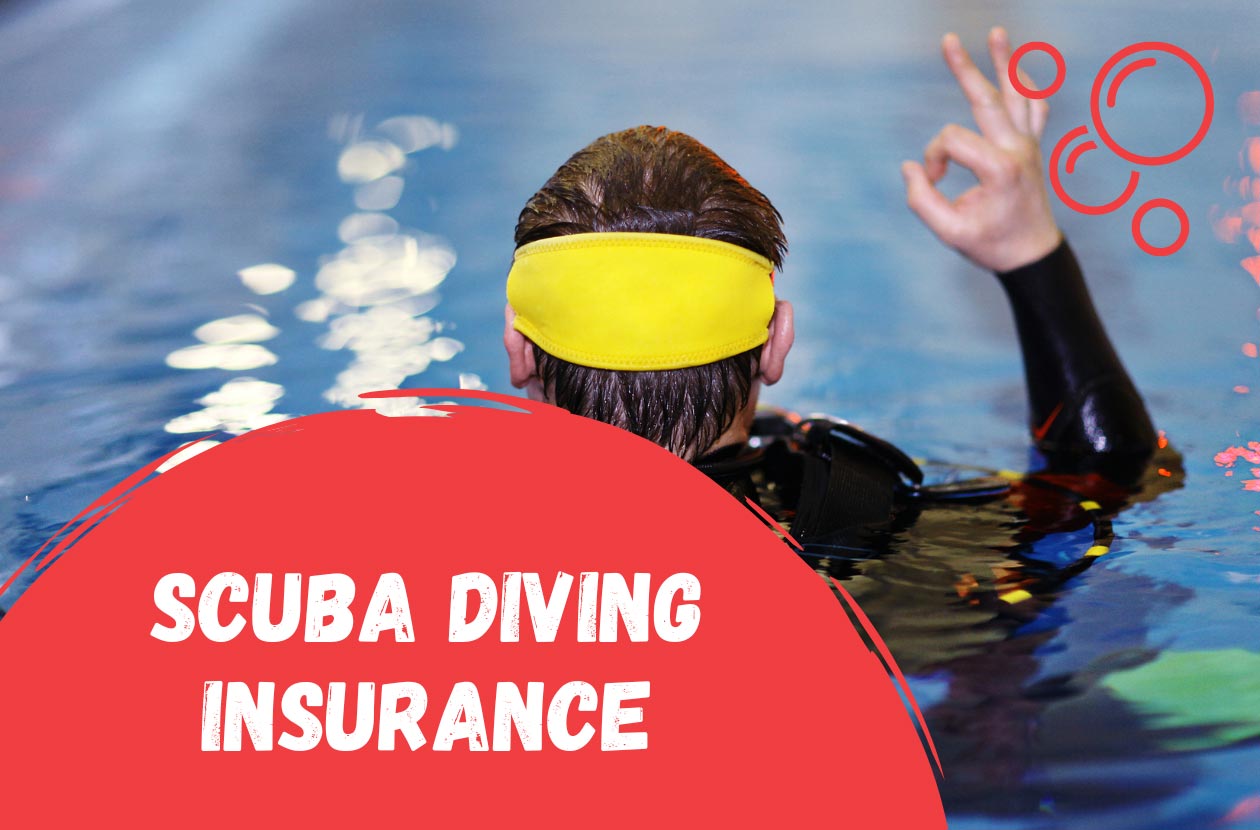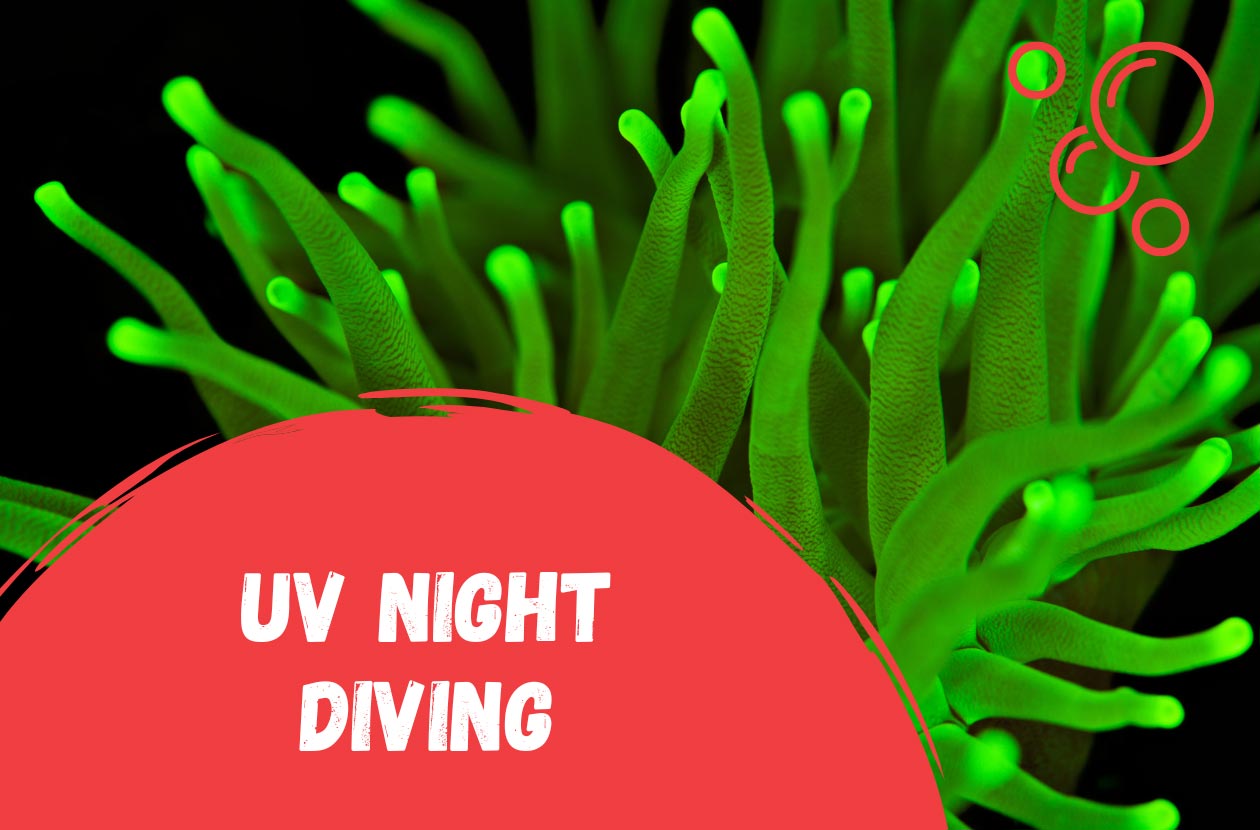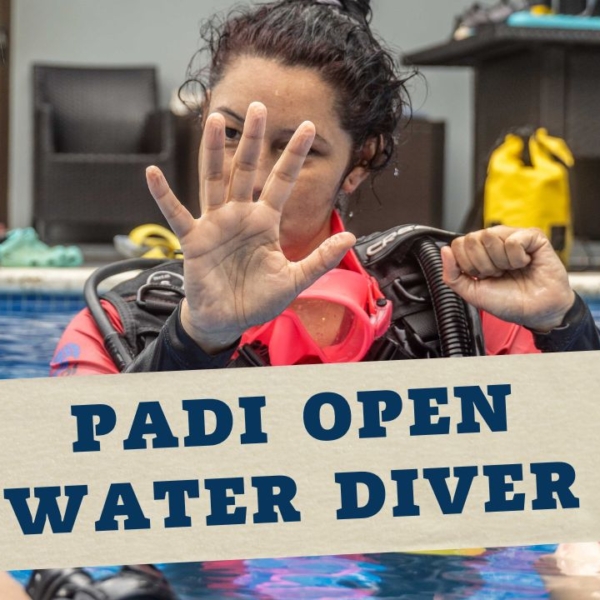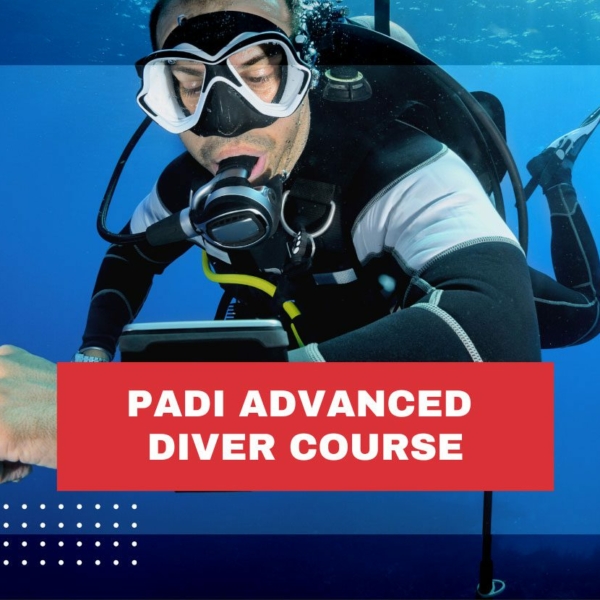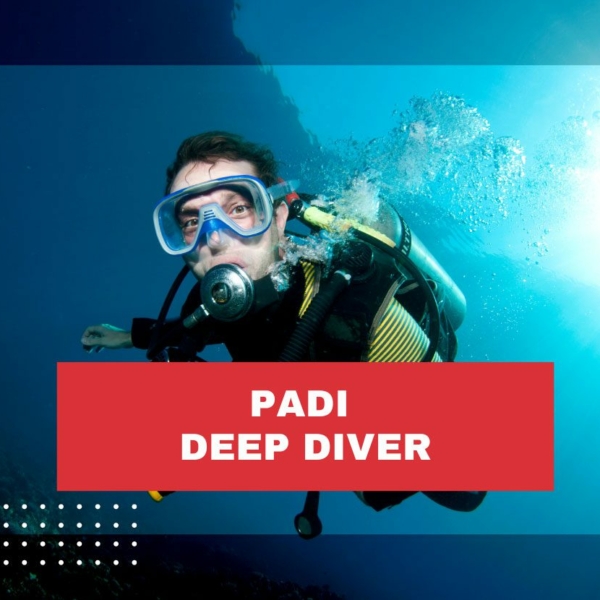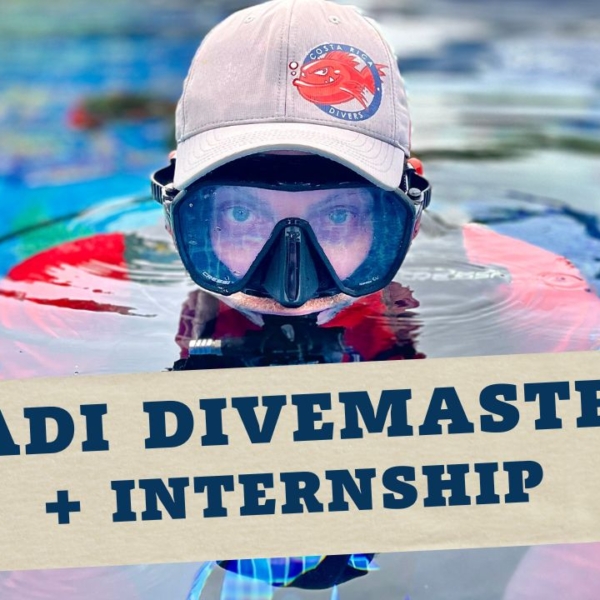Are you wondering what the best diving certification is? Let’s start from the beginning. Dive certifications are designed to help divers gain the proper diving knowledge and skills. Imagine that the friend you are going to dive with, when asked about his skills and experience, simply answers that he is a “diver”. That’s a little short, isn’t it?
You would want to know what level your partner is at so you know what to expect. That’s why we need a certification system. In other words, it’s a complete training program with a standard set of skills you should know when you complete the course. But how do you choose the best scuba diving certification? Today we’re going to talk about this topic.
Table of Contents
What can you find in this post?
Many scuba diving organizations issue their own diving certificates, confirming the completion of training and acquisition of relevant knowledge and skills. The most well-known are the Professional Association of Diving Instructors (PADI), International Diving School (SSI) and the National Association of Underwater Instructors (NAUI).
But diving certifications are also issued by the World Confederation of Underwater Activities (CMAS), Scuba Diving International (SDI), Professional Diving Instructors Corporation (PDIC) and many others.
Determining which dive certification is the best depends mainly on the availability in your area and your plans to progress in diving.
In this article, you will learn about the types of diving certifications, who issues them and what they mean. We will also give you some good tips to help you choose the most suitable certification for you. Let’s get started!
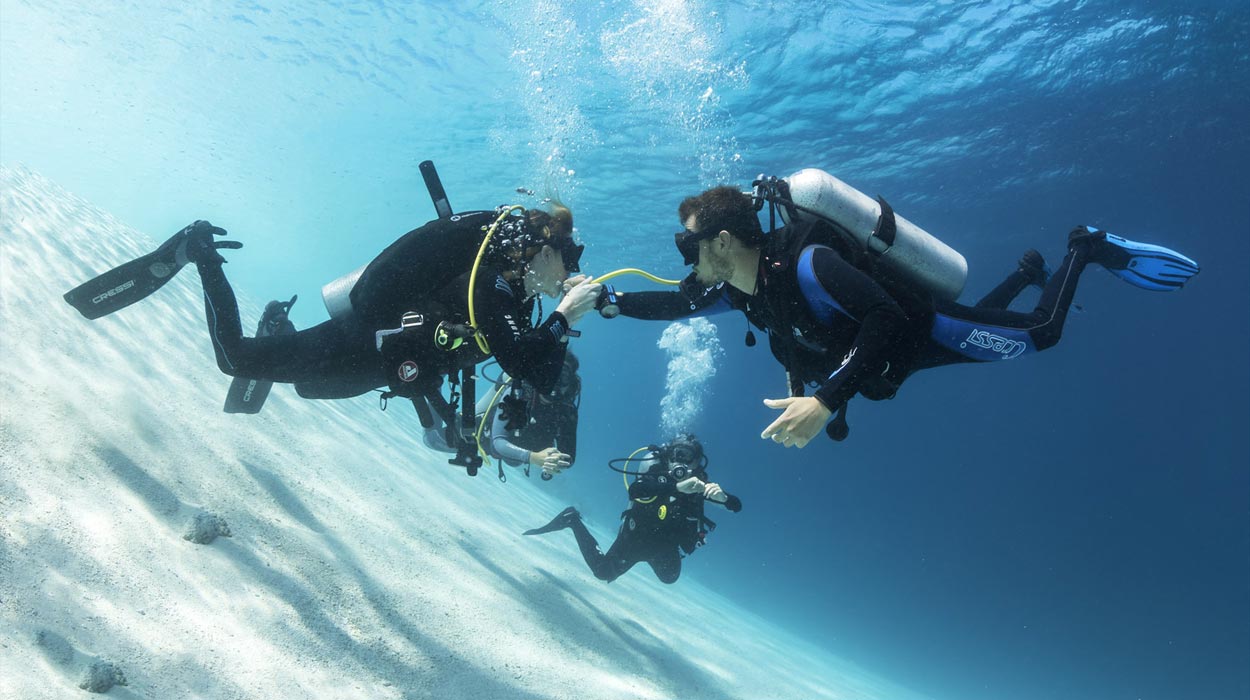
The importance of diver certification
Certification means you know how to properly use hand signals, read pressure and depth gauges, how each piece of equipment works and what to do in dangerous situations.
Once you have your basic diving certification, you can build on it by gaining more experience or getting an additional certification that allows you to teach scuba diving or even work underwater.
Of course, there are dive centers, instructors and dive clubs that will tell you that the dive certification they issue is the best and that other certifications are not as good.
What is the truth? You’ll have to figure that out for yourself, but it’s probably better to choose someone who has worldwide recognition, am I right?
Where did the idea for diving licenses come from?
I keep mentioning here about diving licenses, diving courses and training organizations. But let’s consider where the idea of issuing diving licenses came from in the first place? Which later led you to the main question of today’s text, which is what diving certification is the best.
A long time ago…
The undisputed pioneer of diving, or at least such diving as we know today, was the famous Jacques-Yves Cousteau. It was he who in 1959 founded the first organization for divers – CMAS – Confédération Mondiale des Activités Subaquatiques.
Established by him organization developed the first training program for divers based on scientific research. Their mission was also research and technical progress in diving.
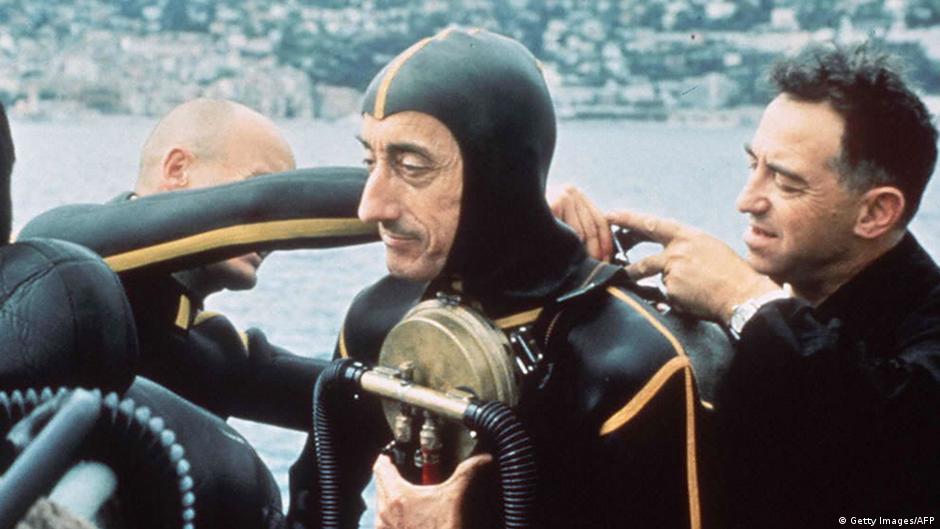
All current training programs of commercial organizations are based on procedures developed by C.M.A.S. This common foundation of training standards has resulted in cross-recognition of each other’s certificates.
In recent years, the International Organization for Standardization (ISO) has created its own standards for training recreational divers. Although refreshed, these standards are also based on C.M.A.S. programs. The implementation of ISO standards for diver training will lead to further cooperation between training agencies.
The largest diving organization in the world
Although it all started many years ago with CMAS, times have changed. The world is rushing forward, and we want to have everything better and more convenient, also in diving. The race for the title of the most dynamic diving organization, for years unrivaled wins PADI.
PADI certification offers many benefits, including online e-learning that you can begin anywhere in the world. What’s more, PADI dive licenses are also digital, so any certified dive center will easily verify your certification. There’s no need to bring your license with you. But of course, you can 🙂
Other organizations, such as the World Confederation of Underwater Activities, Scuba Schools International, the Corporation of Professional Diving Instructors, and the National Association of Underwater Instructors, offer certifications similar to PADI. They are just not as widely known and recognized as licenses from PADI.
Is it illegal to dive without a license?
As you already know, there are many training organizations in the world and the answer to the question of which diving certification is the best, is not simple. It may have crossed your mind to just go diving without any courses or licenses. Or is it illegal to dive without a license?
The answer to this question is simple. Diving without a license is not illegal, but it is the dumbest thing you could come up with.
Do you really think going underwater with equipment you don’t know how to use, and in an environment whose rules you don’t know, is a good idea? So we’ve got that settled… Diving without a license is not illegal, but just don’t do it.
What is the best scuba diving certification?
Every diver starts with a basic scuba diving course or even earlier with an discover scuba diving program. Your dive instructor also had to learn the basics at some point, so the path is always similar.
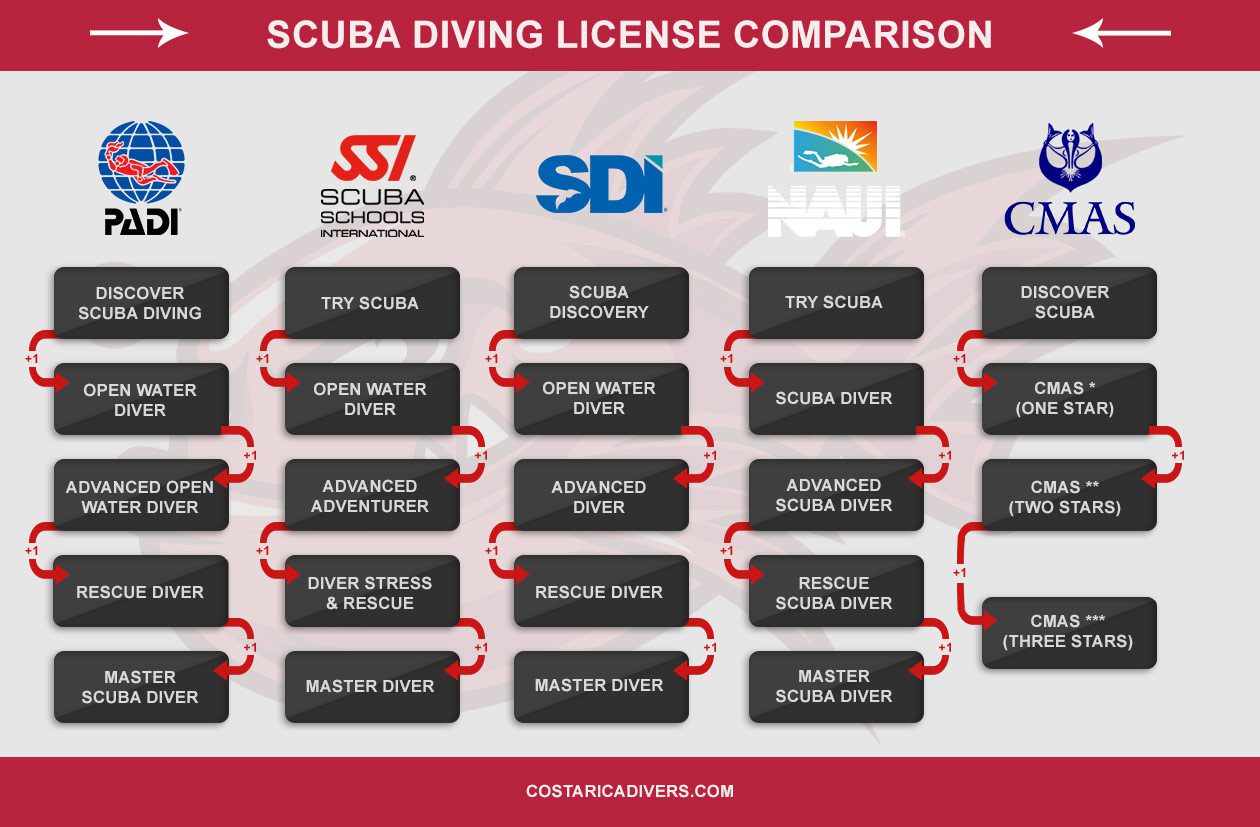
All diver certification organizations have very similar standards and the breakdown of each course is also similar. This allows for a smooth transition from one organization to another.
Let’s say you did your first degree in SSI, then you can easily continue in PADI without having to redo the basic course. To make it more clear, we have prepared the following comparison of diving organizations and their levels.
Types of scuba dive certifications
Diving is really wonderful and unlimited and you will never be able to say that you have done everything. As an experienced isntructor I also have plans and dreams and there are many things in diving that I don’t know but would like to try.
To understand the purpose and specifics of all types of diving licenses, we need to make a general division. Here we will divide diving licenses into four main categories:
- recreational diving – diving licenses for recreational divers
- professional diving – diving licenses for those working in the diving industry, for example Divemaster
- technical diving – diving licenses for divers exceeding recreational limits
- commercial diving – professional licenses to perform work underwater, such as welding or repair.
This division is of course not closed and anyone can say that something is missing, but I use this way to segregate the types of diving licenses. Each of these categories has its own divisions and subcategories, but today let’s focus on recreational diving.
Division of diving licenses in recreational diving
As you already know, there are many diving organizations and their programs are similar. However, we work with the largest organization of diving instructors – PADI. Therefore, in the following I will rely on the PADI program.
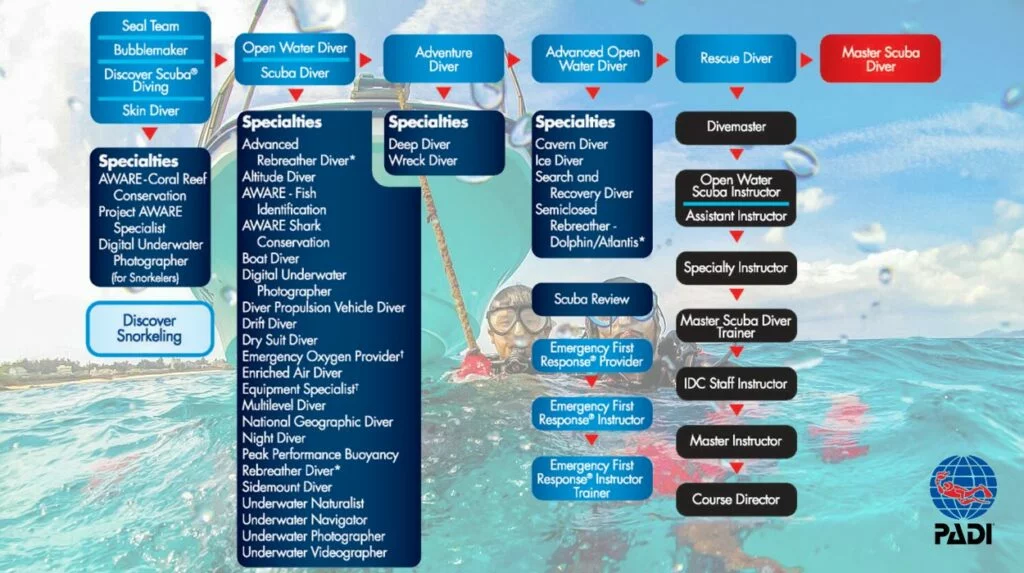
Discover Scuba Diving – what it’s all about?
As you can see from the above, the adventure begins with a discovery dive. This often causes some confusion among students, so let’s clarify what it is. A DSD is a special program that allows you to try scuba diving under the supervision of an instructor.
You will be using a full set of diving equipment, but you don’t have to worry about anything because the instructor will be with you at all times. It is worth noting that this is not a scuba diving course and you do not receive any license after this program.
It is also worth knowing that taking a scuba diving course does not require prior experience in DSD. You can simply move on to the next stage.
PADI Open Water Diver – basic scuba diving course
This is the first level, after completing which you receive a diver’s license entitling you to dive to a depth of 18m. From this course everyone begins his adventure. The course takes three practical days and it is necessary to pass the theoretical part.
But don’t worry! It is not so much, and the whole thing is now available as an e-learning package, which allows you to learn from anywhere in the world.
If you look at the chart above, you will see that already with this license new opportunities open up, which we call specializations. These are additional courses that teach you special underwater skills. For example, underwater photography or Nitrox specialization.
PADI Advanced Open Water Diver – the next level
You know the saying that appetite grows with eating. Or maybe it is just a Polish proverb? Either way, the next level in your diving development will be the PADI Advanced Open Water Diver course.
After completing this course you will be authorized to dive to depths of up to 30 meters and your diving skills will certainly improve.
The course consists of 5 thematic dives. Two of them are compulsory, the navigation dive and the deep dive, that is below 18m. The other three depend on the dive center and the capabilities they have available.
For example, you can choose Peak Performance Buoyancy, Fish ID, or maybe Search and Recovery. This is actually my favorite. The general idea is to let you try out different things you can do underwater, so you can decide for yourself what suits you best. You can develop each of these dives and get a specialized license.
On the training chart, you’re sure to have noticed something else in between, and that is the “Adventure diver”. This is that little intermediate step when you can’t or don’t want to do 5 themed dives for your advanced license. You can easily try just the dives that interest you. This is what we call an adventure diver.
Let’s move on – PADI Rescue Diver
The next level of initiation will be the Rescue Diver course. In the opinion of many divers and mine as well, this is the best course you can take.
Of course, if it is done correctly, and not just to pass it. In this course you will learn how to react to problems underwater and on the surface, how to help yourself and your partners. This course will give you a lot of confidence as a diver.
But let’s agree on one thing…. This course needs to be realistic. If you are to be prepared for real life on the ocean, we can’t just pat ourselves on the back and say how great we are…. There will be stress, fatigue and a million things to do at once.
Did I scare you off? Well… we’re approaching the pro ranks, so it’s time to start deciding if you want to be a good diver or just a diver.
You have become a master!
PADI Master Scuba Diver is the highest recreational level in PADI. To earn it you must have completed all previous courses and have a minimum of 5 specializations as well as have completed a minimum of 50 dives. This title means that you know what you are doing underwater and it is a pleasure to have you as a dive partner.
It is important to understand that the PADI Master Scuba Diver license is not the same license as the first professional degree, the PADI Divemaster. I will talk more about the professional degrees in another article.
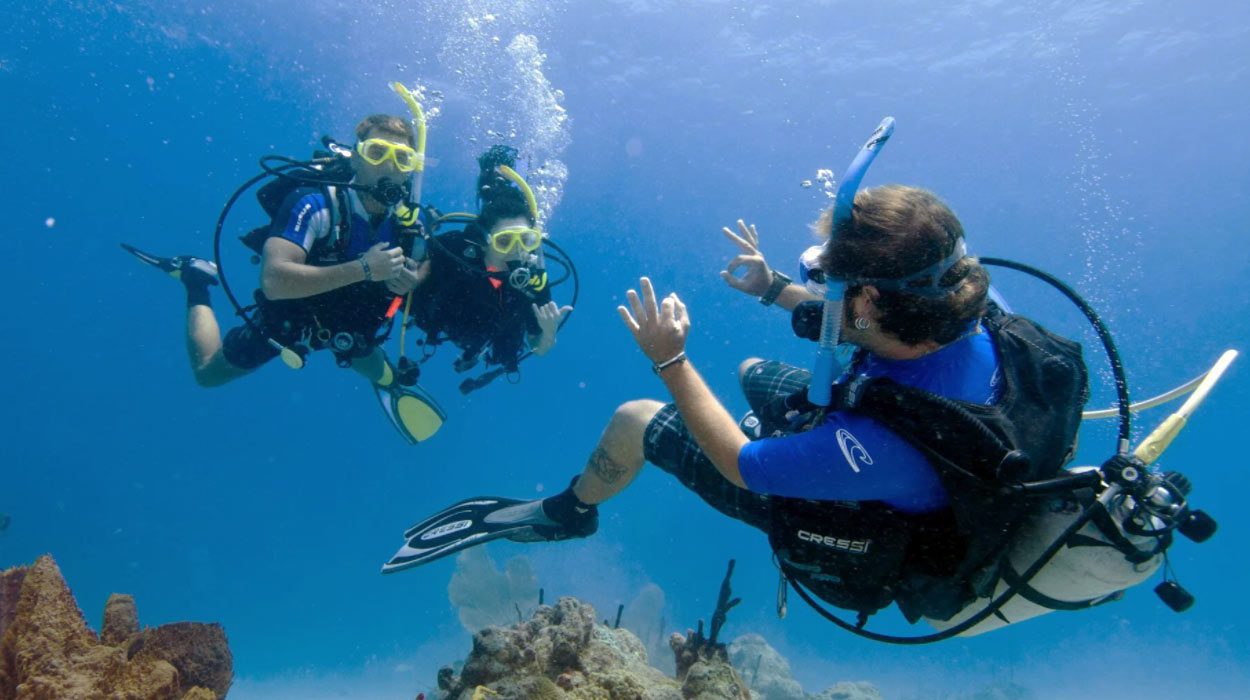
What about the other levels?
You are hungry for knowledge, huh? Save this blog for somewhere, because I’m going to come back to it and also discuss professional degrees, how to get them and what they entail. There will also be something about technical diving because…. man…. this is what I love!
So, which diving certification is the best?
I think you’re probably already starting to understand that the best dive certification is the one that suits you. If you want to dive recreationally – do it! If you want to break world records in diving… well… think again, because it can’t be done by getting up from your chair and putting down the beer for a moment.
But, if you feel it’s for you, go for it. There is no such thing as the best dive certification. No document, even with gold lettering, means anything if you’re a crappy diver…. Think about it.
Wait a minute… What exactly are these diving specialties?
Oh, yeah… I forgot. If you look at the diagram again, you’ll see that each core course opens the door to further specializations. This means, for example, that you can do underwater photography after the Open Water course, but to specialize in ice diving you must have at least an advanced diver’s license.
Specializations are simply additional courses in a narrow specialization. Not all of them you will need, but some of them seem essential for a good diver. Certainly Nitrox Diver is such a course.
But we’ll talk about what Nitrox is, what it’s used for, and the difference it makes to your dive time in another article on our blog. Stay tuned!
The best scuba diving certification – let’s recap
The logo doesn’t matter. The plastic card you have doesn’t matter either. What counts above all are your skills and experience. Choose a good diving center and an experienced instructor, who treats diving not as a job, but as a passion.
In your free time, read and expand your skills, be hungry for knowledge and new experiences. In this way you will become a good diver, regardless of the training agency where you will do your courses.
